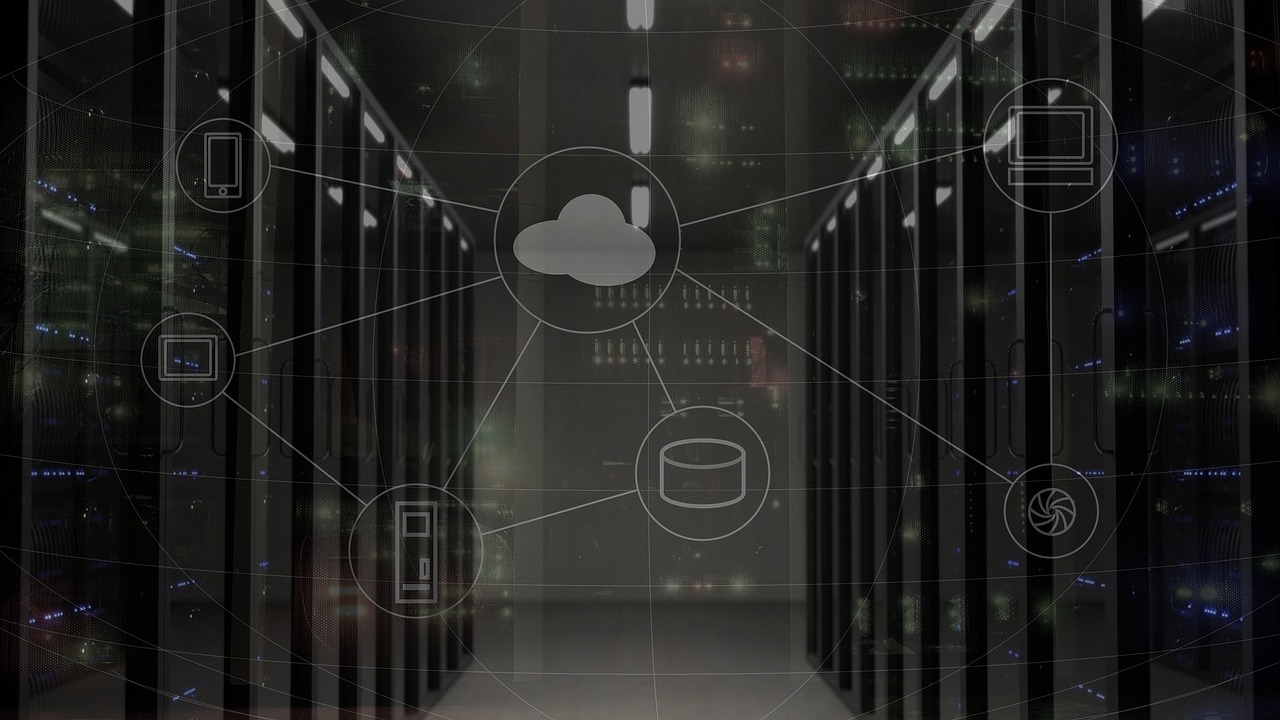Artificial Intelligence (AI) has been around for a while, but its use and impact on society has been growing exponentially in recent years. From virtual assistants like Siri and Alexa to self-driving cars and medical diagnosis systems, AI is transforming the way we live and work. In this article, we will take a closer look at the future of AI and its potential impact on society.
Table of Contents
What is Artificial Intelligence?
AI refers to the development of computer systems that can perform tasks that would normally require human intelligence, such as visual perception, speech recognition, decision-making, and language translation. AI systems use machine learning algorithms to analyze data and improve their performance over time.
Current Uses of AI
AI is already being used in many industries, including healthcare, finance, transportation, and entertainment. Some of the most popular applications of AI include:
- Virtual assistants like Siri, Alexa, and Google Assistant
- Chatbots for customer service and support
- Recommendation systems for e-commerce and entertainment
- Self-driving cars for transportation
- Medical diagnosis systems for healthcare
The Future of AI
AI is expected to continue to grow and evolve in the coming years, with the following trends likely to shape its development:
- Increased Automation: AI will continue to automate tasks that were previously done by humans, such as driving, manufacturing, and data analysis. This will lead to increased efficiency and productivity, but also job displacement in some industries.
- Improved Personalization: AI will become more personalized, using data from individual users to provide tailored recommendations and experiences. This will require more data privacy and security measures.
- Better Decision-Making: AI will be able to make better decisions based on complex data analysis and machine learning algorithms. This will be useful in areas such as finance, healthcare, and customer service.
- Ethical Concerns: As AI becomes more advanced, there will be ethical concerns around its use, such as data privacy, algorithmic bias, and autonomous decision-making.
Impact on Society
The impact of AI on society is already being felt in many ways, both positive and negative. Some of the potential benefits of AI include:
- Increased efficiency and productivity in many industries
- Improved healthcare diagnosis and treatment
- Safer transportation with self-driving cars
- Better customer service and support
However, there are also concerns about the impact of AI on society, such as:
- Job displacement in certain industries
- Algorithmic bias and discrimination
- Invasion of privacy and security breaches
- Potential misuse of autonomous decision-making systems
Conclusion
AI is an exciting and rapidly evolving field that has the potential to transform the way we live and work. While there are certainly risks and concerns associated with its use, there are also many benefits that could improve our quality of life. As we continue to develop and refine AI systems, it will be important to consider the ethical and social implications of their use, and to ensure that they are used responsibly and for the greater good of society.
Why ARM-Based Laptops Are Gaining Ground in 2025
A Quiet Revolution in Your Laptop In 2025, ARM-based laptops are no longer niche. Once associated mo…
What Is Quantum Computing? A Complete Guide to the Future of Technology
In the rapidly evolving world of technology, quantum computing stands out as one of the most revolut…
Edge Computing: The Future of Data Processing and Connectivity
In today’s digital landscape, the rapid growth of connected devices, IoT (Internet of Things), and r…


